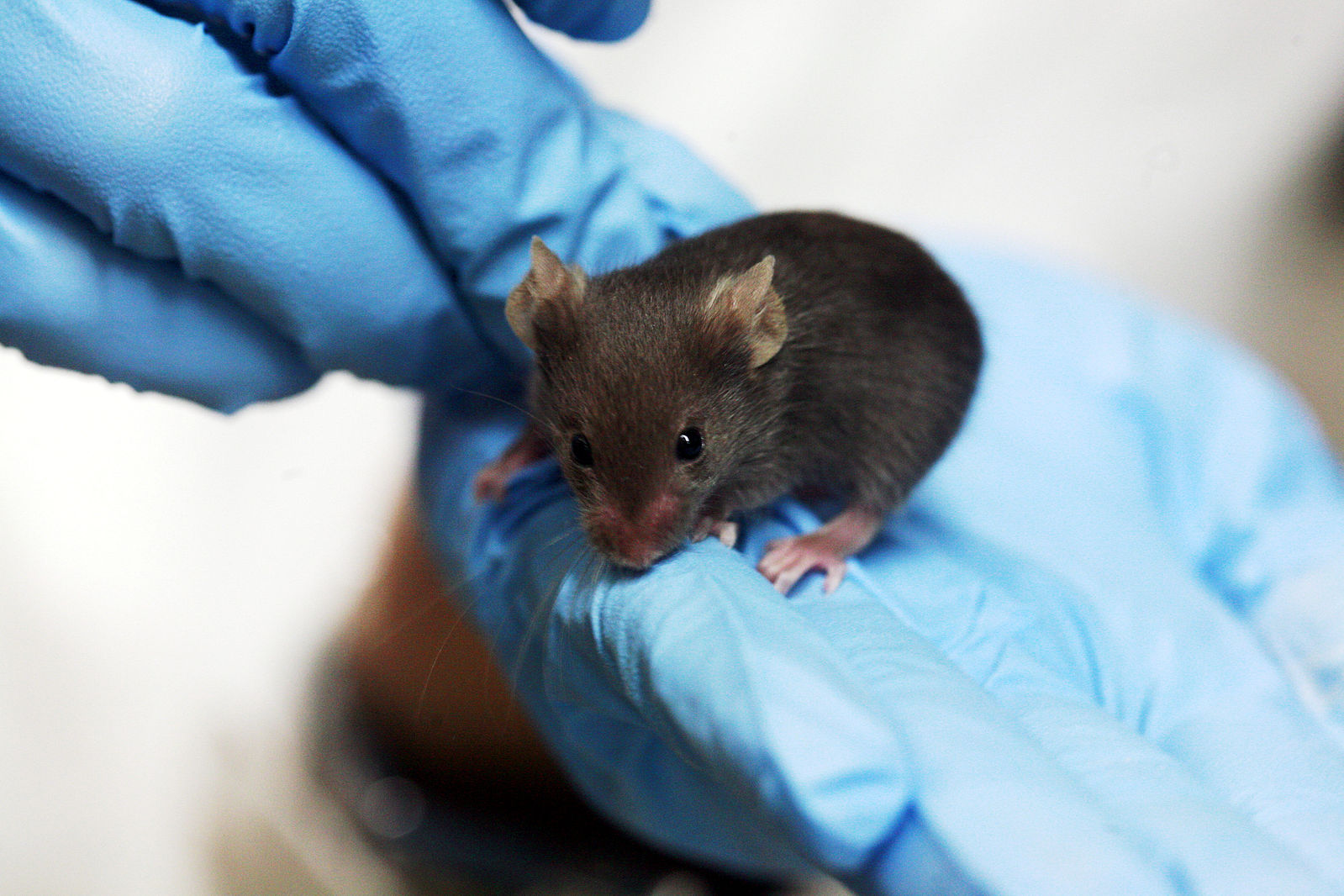Aggregated News

Image by Rama from Wikimedia Commons licensed under CC BY-SA 2.0 FR
Microbiome research has faced a hurdle from the get-go: the inability to edit the microbial genome in vivo. Until now, bacterial genomes had to be modified outside—and reintroduced into—the host animal. Now, that hurdle has been cleared. A group from Paris-based Eligo Bioscience has engineered a phage-derived vector to deliver a base editor and modify Escherichia coli while they are colonizing the mouse gut. It marks the first time the genomes of bacteria have been base edited, precisely and efficiently, directly in the gut.
The work, which is published online today in Nature in the paper “In situ targeted base editing of bacteria in the mouse gut,” was a team effort by the scientists at Eligo, led jointly by Jesus Fernandez-Rodriguez, PhD, (Eligo’s VP of Technology), David Bikard, PhD, (Eligo co-founder and head of the Synthetic Biology Group at Institute Pasteur), and Xavier Duportet, PhD, (Eligo’s CEO and chairman).
Before this report, notes Bikard, “it was still an outstanding question whether it would even be possible...



